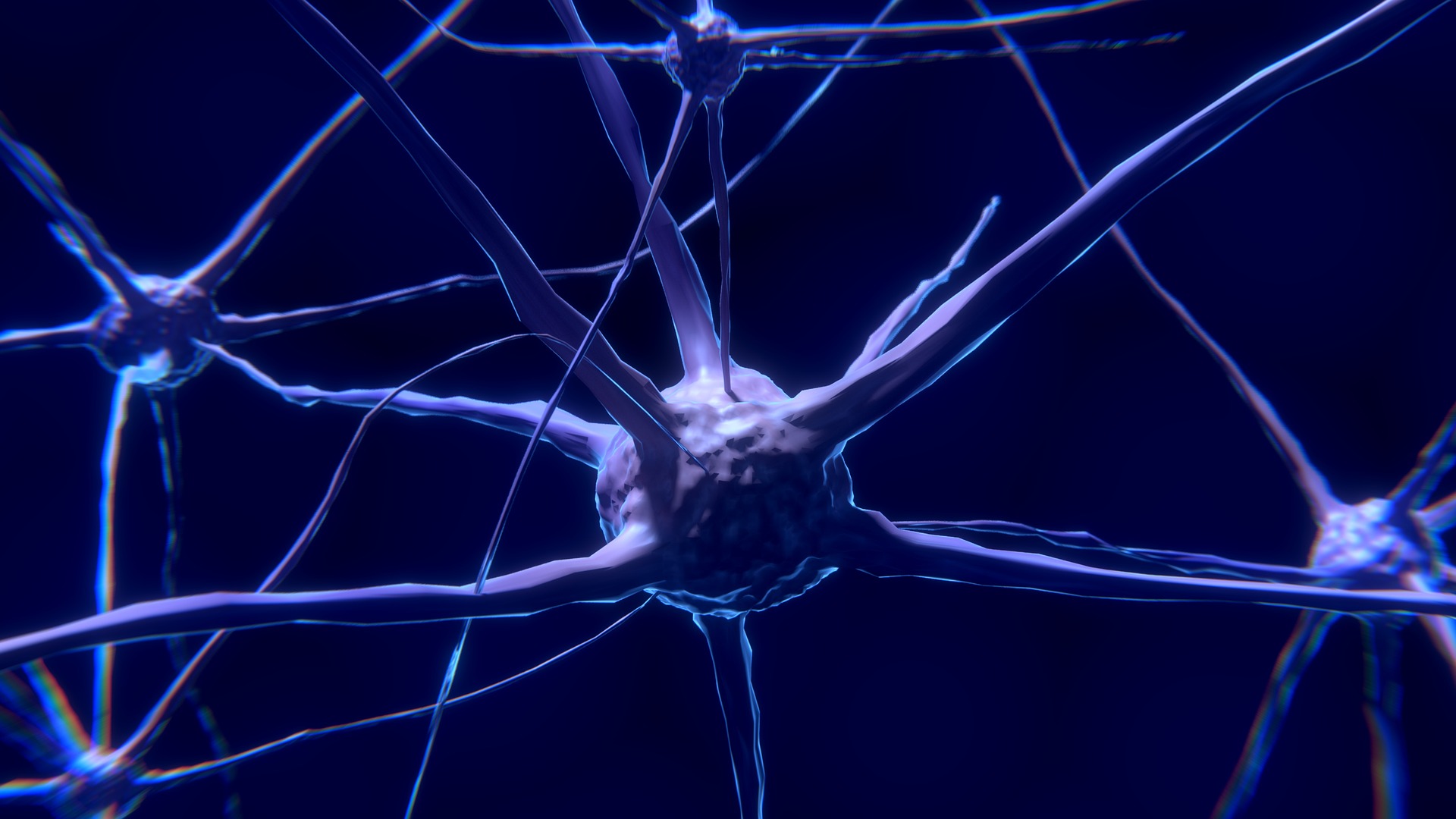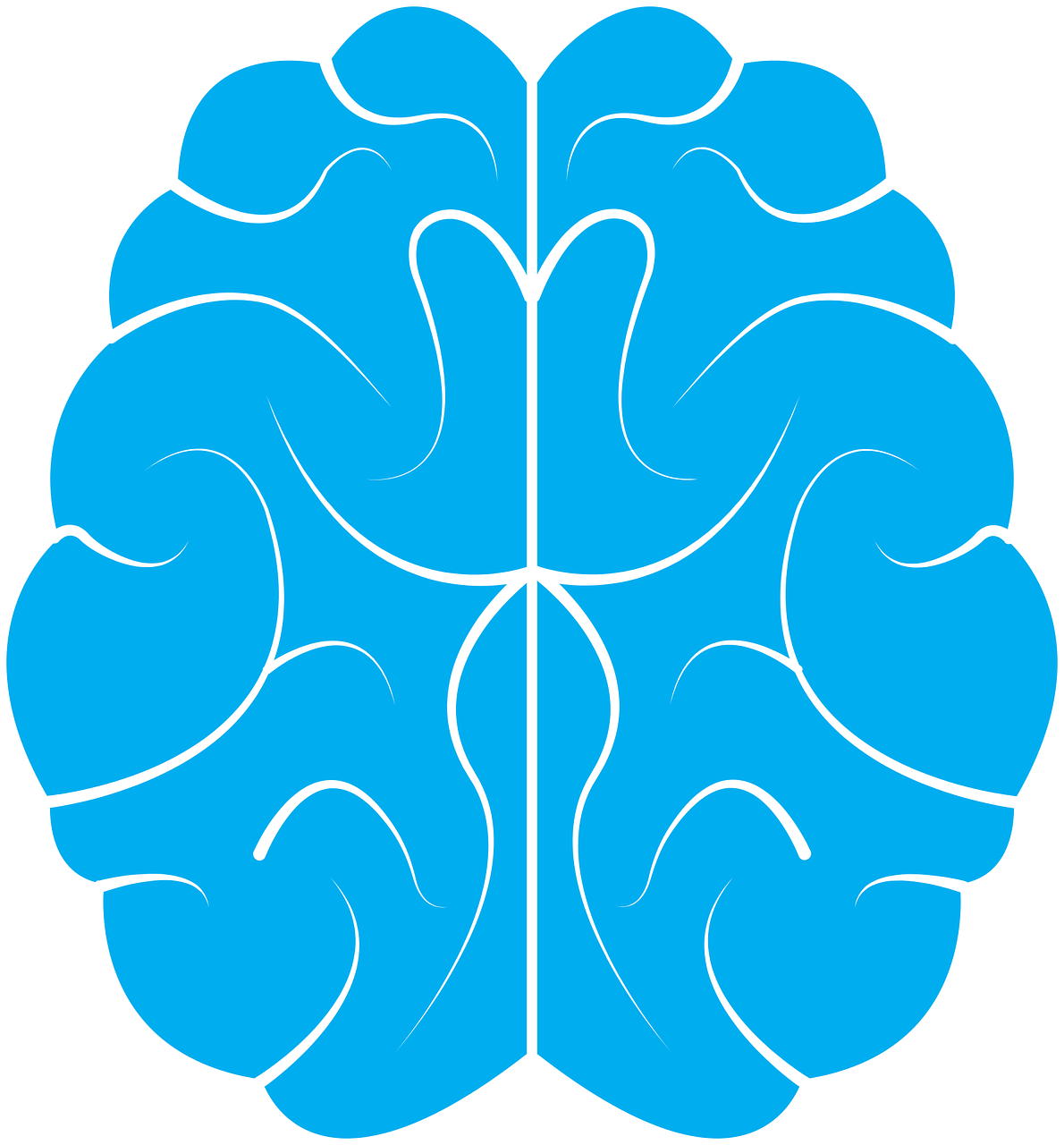Narcotics can change the way neurotransmitters function, leading to the potential for tolerance, dependence, and addiction.
Narcotics Effects on Neurotransmitters
While the highly addictive qualities of narcotics are well known, the mechanism behind this addiction reveals why people become addicted so quickly. Narcotics effects on brain neurotransmitters play a central role in the addiction process. If abused for long periods of time, narcotics effects can have long-term consequences for a person’s psychological and physical well-being. Even in cases where a person tries to stop using, narcotics will no doubt take a toll on the body and mind.
Brain Processes
The brain consists of billions of nerve cells, also known as neurons. Brain neurotransmitter chemicals allow neurons to communicate with one another, according to a California State University health resource site. This means, every time a neuron secretes a neurotransmitter chemical its sending messages to one or more parts of the brain. Narcotics effects occur when the drug binds to the brain’s opiate receptors, which reside on specific brain cells. When this happens, these cells secrete large amounts of endorphin chemicals that act as the body’s natural pain-killers. Once released, these chemicals travel to other areas of the brain that regulate primary functions, such as moods, body temperature, breathing and movement.
Narcotics effects in these areas cause cells to react as if the body were under stress by releasing large amounts of endorphin chemicals. When used continually, narcotics effects start to impair normal brain function to the point where the body cannot functionally normally without drugs.
The Brain’s Reward System
Narcotic drugs, such as heroin, morphine and oxycodone bind naturally to the brain’s opiate receptor sites. The chemical structures of these drugs closely resemble the chemical structures of endorphins. As a result, narcotics can mimic endorphin effects in the brain.
Endorphin chemicals and opiate receptor sites act as the major players in the brain’s reward system. As a reward system, activation of these areas creates a positive reinforcement effect in the brain and also throughout the body. Narcotics effects feed off of this system to the point where the brain and body require more and more of the drug to achieve the same desired results.
So every time a person experiences a drug “rush” or “high,” the brain’s reward system will require increasingly larger doses to experience the same narcotics effects. This process drives the addiction cycle and actually makes it easier to become addicted to the drug.
Changes in Brain Chemistry
Narcotics effects on the brain work to alter its overall chemical balance and ability to function. As narcotics saturate the brain cells, other vital neurotransmitter chemical levels are affected. Drug effects throw off dopamine levels, another neurotransmitter chemical involved with the brain’s reward system. Drug effects also alter levels of GABA neurotransmitters. These chemicals are secreted in different areas of the brain affecting various functions throughout the body.
Ongoing use of narcotics can cause long-term damage to neurotransmitter functions. Over time, cells inside the brain stem suffer permanent alterations that impact automatic bodily functions such as breathing, body temperature and heart rate. A person’s emotional status also suffers damage, especially in cases where a person stops using drugs. Depleted supplies of needed endorphin chemicals can leave a person in a perpetual state of fatigue and even depression.
For more information on how narcotics affect the brain, or for help finding an addiction treatment program, call 800-934-1582(Sponsored) today!
the Take-Away


